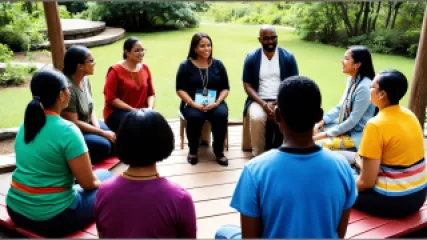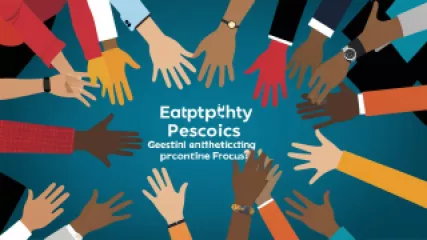Understanding and Managing Compulsive Gambling: A Step-by-Step Guide
1 year ago
Psychology of Gambling
The Ultimate Guide to Building Confidence in Aging
1 year ago
Aging and Self Esteem
A Step-by-Step Guide to Navigating Bereavement Support Services
1 year ago
Bereavement Support
Embracing Cultural Diversity in Online Therapy: An Opinion Piece
1 year ago
Cultural Competence
What is Cultural Competence and How to Cultivate It Across Cultures?
1 year ago
Cultural Competence
Why Embracing Sadness Can Improve Mental Well-being
1 year ago
Overcoming Sadness
How to Foster Encouraging Open Communication in Peer Relationships
1 year ago
Peer Relationships
10 Effective Coping Strategies for Overcoming Shyness
1 year ago
Overcoming Shyness
A Step-by-Step Guide to Overcoming Sadness
1 year ago
Overcoming Sadness
10 Best Mindset Transformation Therapy Techniques for Behavioral Change
1 year ago
Behavioral Change
How to Access Virtual Bereavement Counseling Sessions
1 year ago
Bereavement Support
Mastering Cognitive Therapy for Life Transitions
1 year ago
Cognitive Therapy
Empowering Mental Health Advocacy: An Interview with Dr. Sarah Johnson
1 year ago
Advocacy in Mental Health
Unlocking Cognitive Insights: Lessons from "Inception" on Beating Biases
1 year ago
Cognitive Biases
Overcoming Gambling Habits: A Step-by-Step Guide
1 year ago
Psychology of Gambling















